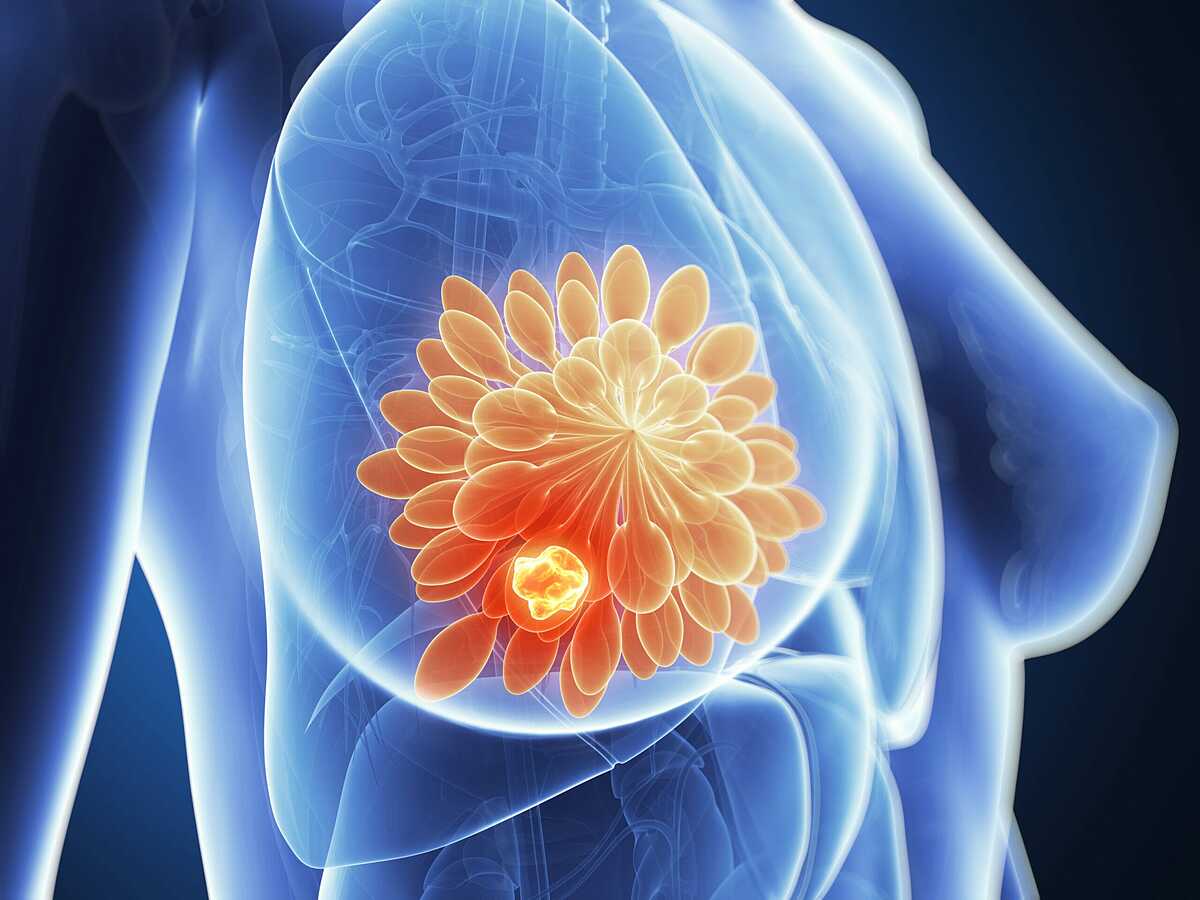This discovery, published in the journal Embo Reports in mid-July, is the result of research by experts at the UK's Institute of Cancer Research and the University of Glasgow.
The research indicates that cancer cells can alter the activity of immune cells by disrupting their metabolism. This change causes immune cells to secrete a molecule called uracil. Cancer cells then use uracil as a "scaffold" to attach to and grow in other organs.
In mouse trials, the research team successfully blocked the formation of this uracil scaffold structure by inhibiting the enzyme uridine phosphorylase-1 (UPP1), which is responsible for producing uracil. The results showed that the mice's immune systems recovered their function and effectively destroyed secondary cancer cells, thereby preventing the spread of the disease.
Doctor Cassie Clarke, the lead author of the study, stated, "This discovery represents a major shift in thinking about preventing metastasis. By intervening in metabolic changes early on, we can stop the progression of the disease." Scientists hope that uracil levels in the blood could become a biomarker for early diagnosis of metastasis risk, paving the way for UPP1 inhibitor drugs in the future.
Experts have praised the significance of this discovery. Doctor Catherine Elliot from Cancer Research UK said that metastasis is the main reason why breast cancer becomes dangerous, and the new discovery brings hope for timely intervention to prolong patients' lives.
Similarly, Simon Vincent, director of research at Breast Cancer Now, believes that the research results could benefit not only breast cancer patients but also those with other types of cancer that tend to spread, although more time is needed to develop effective treatments.
 |
Illustration of a breast cancer tumor forming in the body. Image: Adobe Stock |
The discovery was announced as experts warn that breast cancer deaths in the UK could rise by more than 40% by 2050, the same year the world is projected to see 3.2 million new cases if there are no breakthrough control measures. Breast cancer is the most common cancer in the UK, causing around 11,500 deaths each year in the country.
Breast cancer has now surpassed liver cancer as the leading cause of new cancer cases in Vietnam, with nearly 25,000 new cases detected according to the Global Cancer Organization. Previously, breast cancer ranked first in new cases among women, but when considering both genders, it usually ranked behind liver or lung cancer.
Medical experts recommend that women regularly perform breast self-exams every month, noting any unusual signs such as lumps in the breast or armpit, changes in breast shape, nipple discharge, or dimpled or rashy breast skin. The examination should cover the collarbone and armpit area, where breast tissue can spread.
Thuc Linh (According to Daily Mail)












